Stock exchange blues
The long march should not disrupt fundamentals of the market as profit-making companies will continue to make profits.
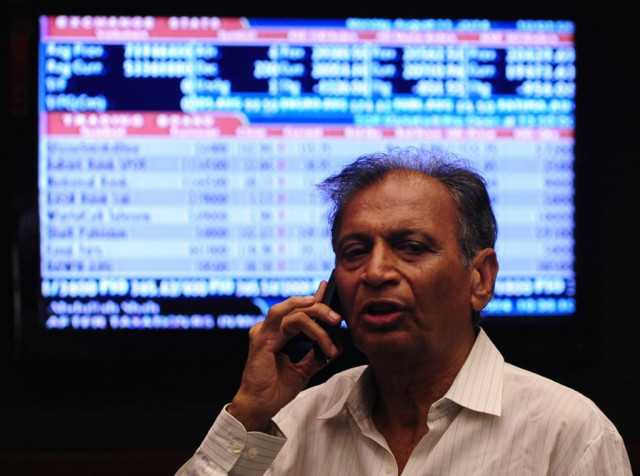
While analysing the reasons behind this steep fall at the KSE, it is important to go back a little in history. The PML-N government came into power in May 2013 and has endured a topsy-turvy ride ever since. Its mantra of being pro-business has been questioned, with the entire country continuing to be the subject of hours’ long load-shedding. The effect of recent political developments was also felt at the KSE, with panicking investors unwilling to keep their money locked in the stock exchange. The point-shed witnessed conveys the extent of the effect the upcoming long march had on many investors, who found the situation unstable enough to sell their shares.
The long march, in essence, should not disrupt the fundamentals of the market as profit-making companies will continue to make profits and no surge in demand or supply will typically be the result of the anti-government protest. It is up to the investors to see this reality and continue routine investing. However, the market is not only determined by fundamentals. When the news of MQM chief Altaf Hussain’s possible arrest in the UK circulated, the market shed over 150 points during a 15-minute period, with panic gripping investors. That is when the smart investors started buying shares, with the KSE 100-Index not being affected adversely in the long run. In Pakistan, when it rains heavily, businesses are shut and a frantic ride back home is undertaken. The market seems to be working the same way, even though it does not need to.
Published in The Express Tribune, August 13th, 2014.
Like Opinion & Editorial on Facebook, follow @ETOpEd on Twitter to receive all updates on all our daily pieces.





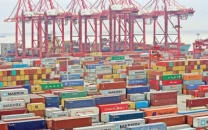
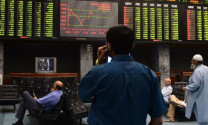




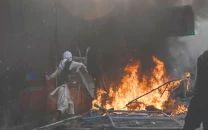
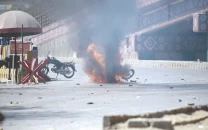






COMMENTS
Comments are moderated and generally will be posted if they are on-topic and not abusive.
For more information, please see our Comments FAQ